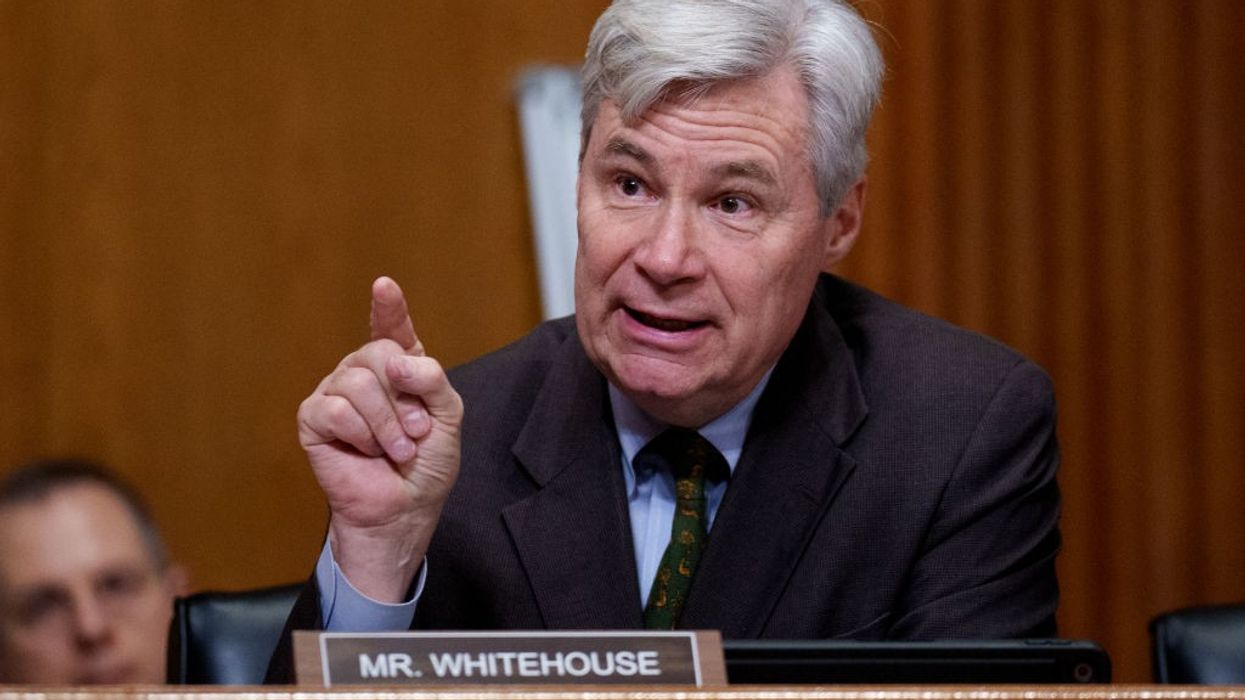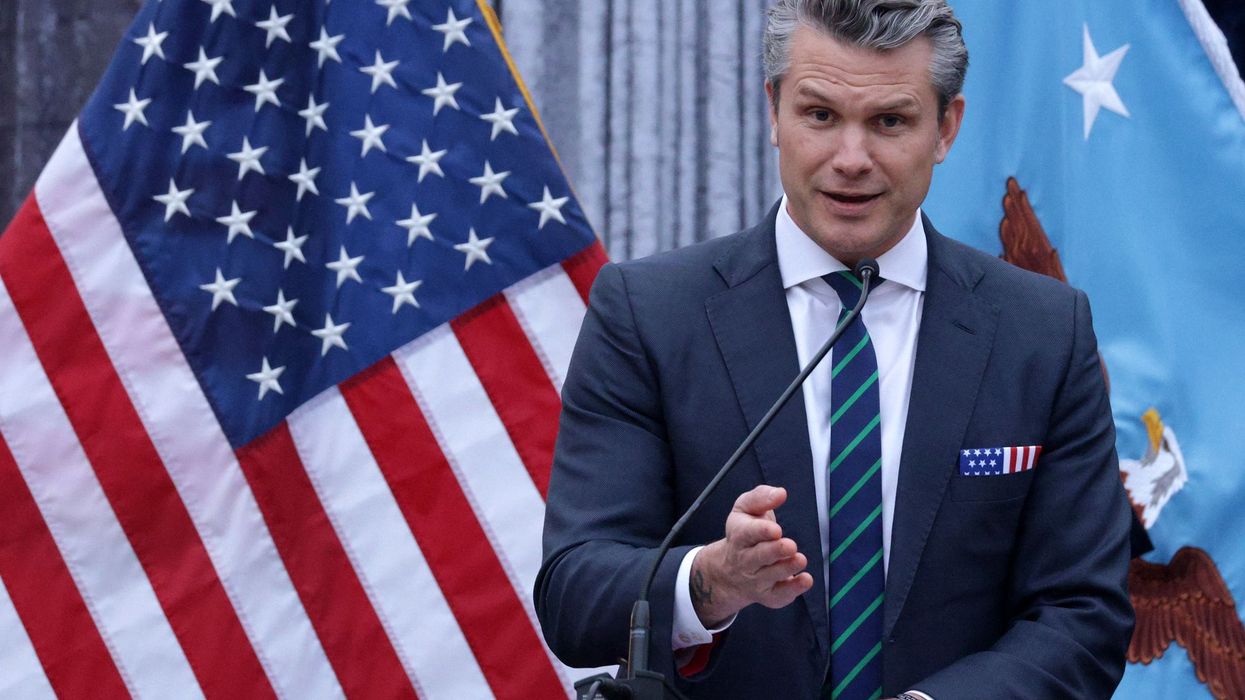March, 16 2011, 04:53pm EDT

For Immediate Release
Contact:
Tim Shenk,Press Officer,Direct: 212-763-5764,E-mail:,tim.shenk@newyork.msf.org
Ivory Coast: A Population Trapped by Conflict
Increasingly intense armed confrontations over recent weeks in Ivory Coast, together with political gridlock, have had serious consequences on the country's population, the international medical humanitarian organization Doctors Without Borders/Medecins Sans Frontieres (MSF) said today.
PARIS
Increasingly intense armed confrontations over recent weeks in Ivory Coast, together with political gridlock, have had serious consequences on the country's population, the international medical humanitarian organization Doctors Without Borders/Medecins Sans Frontieres (MSF) said today.
Fighting has led to new displacements of people in the capital, Abidjan, and in the western region of the country. Insecurity and shortages of medicine resulting from international sanctions have made it very difficult for victims of violence--and all those in need--to obtain care.
Only one hospital continues to function normally in Abidjan's Abobo district, home to approximately two million residents. The violence there has forced most of the health workers at the district's two other hospitals to flee. Since late February, MSF has been working with the Ministry of Health to provide emergency care at the Adobo Sud Hospital.
"Over the course of two weeks, we treated 129 people in the emergency room, including 81 with gunshot and knife wounds, and we operated on 31 serious cases," said MSF Emergency Manager Dr. Mego Terzian. In addition, MSF increased the number of hospital beds from 12 to 20, in order to respond to the influx of wounded patients.
However, people are afraid to leave their homes to seek treatment at the hospital. Travel within the city is risky because of outbreaks of fighting and blockades erected in the streets by young men armed with clubs and machetes. The insecurity has also caused many people to flee. In recent weeks, displaced persons in Abidjan have set up approximately twenty camps, where health conditions are uncertain.
The confrontations have also led to major population movements in the western part of the country, with more than 82,000 people taking refuge in neighboring Liberia, including 45,000 over the last three weeks.
Since December, MSF teams have been working in Liberia and western Ivory Coast, where they are providing primary health care in facilities abandoned by healthcare staff and lacking in medicines. The recent resumption of fighting has further worsened the situation for the population.
MSF teams in Ivory Coast are providing care to displaced persons and residents in the cities of Duekoue and Guiglo, and are preparing to provide care in Bangolo and Zouan-Hounien. However, instability makes it difficult to access the displaced populations, particularly in areas close to the front line.
"In this context of difficult access to care and population displacement, our teams must be able to reach people, particularly so that they can conduct epidemiological monitoring," said MSF Emergency Coordinator Renzo Fricke.
Armed conflict is not the only obstacle to treatment.
Commercial and financial sanctions imposed by the international community against Ivory Coast, coupled with transportation problems, have led to shortages in medicines and medical supplies. Health facilities in many regions of the country lack basic medicines and treatment supplies for chronic and acute illnesses, particularly for kidney dialysis.
While they cannot meet all the needs in the country, MSF donations of medicines and medical supplies to various health facilities are critically important.
MSF is an impartial medical humanitarian organization that observes strict neutrality in its operations. Its activities in Ivory Coast are funded exclusively by private donors, ensuring its complete independence.
Doctors Without Borders/Medecins Sans Frontieres (MSF) is an international medical humanitarian organization created by doctors and journalists in France in 1971. MSF's work is based on the humanitarian principles of medical ethics and impartiality. The organization is committed to bringing quality medical care to people caught in crisis regardless of race, religion, or political affiliation. MSF operates independently of any political, military, or religious agendas.
LATEST NEWS
Watch 60 Minutes 'Inside CECOT' Segment Blocked by CBS News Chief Bari Weiss
"Watch fast, before Corus gets a call from Paramount Skydance."
Dec 22, 2025
A social media user on Monday shared at least part of a "60 Minutes" segment about a prison in El Salvador—where the Trump administration sent hundreds of migrants—after CBS News editor-in-chief Bari Weiss controversially blocked its release.
"Canadians, behold! (And Americans on a VPN.) The canceled '60 Minutes' story has appeared on the Global TV app—almost certainly by accident," Jason Paris wrote on Bluesky, sharing a link to download a nearly 14-minute video of the segment, which has since been uploaded here.
The segment is titled "Inside CECOT," the Spanish abbreviation for El Salvador's Terrorism Confinement Center.
"Watch fast, before Corus gets a call from Paramount Skydance," Paris added. Corus Entertainment owns Global TV. Paramount and Skydance merged earlier this year, after winning approval from the Trump administration. Weiss, a right-wing pundit, was then appointed to her position.
In a leaked email, "60 Minutes" correspondent Sharyn Alfonsi wrote that "Bari Weiss spiked our story," and "in my view, pulling it now, after every rigorous internal check has been met, is not an editorial decision, it is a political one."
Keep ReadingShow Less
Senate Dems Stop Permitting Talks Over Trump's 'Reckless and Vindictive Assault' on Wind Power
"By sabotaging US energy innovation and killing American jobs, the Trump administration has made clear that it is not interested in permitting reform," said Sens. Sheldon Whitehouse and Martin Heinrich.
Dec 22, 2025
The top Democrats on a pair of key US Senate panels ended negotiations to reform the federal permitting process for energy projects in response to the Trump administration's Monday attack on five offshore wind projects along the East Coast.
Senate Environment and Public Works Committee Ranking Member Sheldon Whitehouse (D-RI) and Energy and Natural Resources Committee Ranking Member Martin Heinrich (D-NM) began their joint statement by thanking the panels' respective chairs, Sens. Shelley Moore Capito (R-W.Va.) and Mike Lee (R-Utah), "for their good-faith efforts to negotiate a permitting reform bill that would have lowered electricity prices for all Americans."
"There was a deal to be had that would have taken politics out of permitting, made the process faster and more efficient, and streamlined grid infrastructure improvements nationwide," the Democrats said. "But any deal would have to be administered by the Trump administration. Its reckless and vindictive assault on wind energy doesn't just undermine one of our cheapest, cleanest power sources, it wrecks the trust needed with the executive branch for bipartisan permitting reform."
Earlier Monday, the US Department of the Interior halted Coastal Virginia Offshore Wind off Virginia, Empire Wind 1 and Sunrise Wind off New York, Revolution Wind off Rhode Island and Connecticut, and Vineyard Wind 1 off Massachusetts, citing radar interference concerns.
Governors and members of Congress from impacted states, including Whitehouse and Senate Minority Leader Chuck Schumer (D-NY), condemned the announcement, with Whitehouse pointing to a recent legal battle over the project that would help power Rhode Island.
"It's hard to see the difference between these new alleged radar-related national security concerns and the radar-related national security allegations the Trump administration lost in court, a position so weak that they declined to appeal their defeat," he said.
This looks more like the kind of vindictive harassment we have come to expect from the Trump administration than anything legitimate.
— Senator Sheldon Whitehouse (@whitehouse.senate.gov) December 22, 2025 at 12:59 PM
Later, he and Heinrich said that "by sabotaging US energy innovation and killing American jobs, the Trump administration has made clear that it is not interested in permitting reform. It will own the higher electricity prices, increasingly decrepit infrastructure, and loss of competitiveness that result from its reckless policies."
"The illegal attacks on fully permitted renewable energy projects must be reversed if there is to be any chance that permitting talks resume," they continued. "There is no path to permitting reform if this administration refuses to follow the law."
Reporting on Whitehouse and Heinrich's decision, the Hill reached out to Capito and Lee's offices, as well as the Interior Department, whose spokesperson, Alyse Sharpe, "declined to comment beyond the administration's press release, which claimed the leases were being suspended for national security reasons."
Lee responded on social media with a gif:
Although the GOP has majorities in both chambers of Congress, Republicans don't have enough senators to get most bills to a final vote without Democratic support.
The Democratic senators' Monday move was expected among observers of the permitting reform debate, such as Heatmap senior reporter Jael Holzman, who wrote before their statement came out that "Democrats in Congress are almost certainly going to take this action into permitting reform talks... after squabbling over offshore wind nearly derailed a House bill revising the National Environmental Policy Act last week."
That bill, the Standardizing Permitting and Expediting Economic Development (SPEED) Act, was pilloried by green groups after its bipartisan passage. It's one of four related pieces of legislation that the House advanced last week. The others are the Mining Regulatory Clarity Act, Power Plant Reliability Act, and Reliable Power Act.
David Arkush, director of the consumer advocacy group's Climate Program, blasted all four bills as "blatant handouts to the fossil fuel and mining industries" that would do "nothing to help American families facing staggering energy costs and an escalating climate crisis."
"We need real action to lower energy bills for American families and combat the climate crisis," he argued. "The best policy response would be to fast-track a buildout of renewable energy, storage, and transmission—an approach that would not just make energy more affordable and sustainable, but create US jobs and bolster competitiveness with China, which is rapidly outpacing the US on the energy technologies of the future.
Instead, Arkush said, congressional Republicans and President Donald Trump "are shamefully pushing legislation that would only exacerbate the energy affordability crisis and further entrench the dirty, dangerous, and unaffordable energy of the past."
Keep ReadingShow Less
War Crime, Murder, or Both? Dems Demand DOJ Probe Into Hegseth Order to Kill Shipwrecked Sailors
"Giving a general order to kill any survivors constitutes a war crime," wrote Reps. Jamie Raskin and Ted Lieu. "Outside of war, the killing of unarmed, helpless men clinging to wreckage in open water is simply murder."
Dec 22, 2025
Making clear that the Trump administration's "entire Caribbean operation," which has killed more than 100 people in boats that the US military has bombed, "appears to be unlawful," two Democrats on a powerful House committee on Monday called on the Department of Justice to investigate one particular attack that's garnered accusations of a war crime—or murder.
House Judiciary Committee Ranking Member Jamie Raskin (D-Md.) and Rep. Ted Lieu (D-Calif.) wrote to Attorney General Pam Bondi four weeks after it was reported that in the military's first strike on a boat on September 2, Defense Secretary Pete Hegseth ordered service members to "kill everybody"—prompting a second "double-tap" strike to kill two survivors of the initial blast.
A retired general, United Nations experts, and former top military legal advisers are among those who have warned that Hegseth and the service members directly involved in the strike—as well as the other attacks on more than two dozen boats in the Caribbean and eastern Pacific—may be liable for war crimes or murder.
Raskin and Lieu raised that concern directly to Bondi, writing: "Deliberately targeting incapacitated individuals constitutes a clear violation of the Department of Defense’s Law of War Manual, which expressly forbids attacks on persons rendered helpless by shipwreck. Such conduct would trigger criminal liability under the War Crimes Act if the administration claims it is engaged in armed conflict, or under the federal murder statute if no such conflict exists."
The administration has insisted it is attacking the boats as part of an effort to stop drug trafficking out of Venezuela, and has claimed the US is in an armed conflict with drug cartels there, though international and domestic intelligence agencies have not identified the country as a significant source any drugs that flow into the US. As President Donald Trump has ordered the boat strikes, the administration has also been escalating tensions with Venezuela by seizing oil tankers, claiming to close its airspace, and demanding that President Nicolás Maduro leave power.
Critics from both sides of the aisle in Congress have questioned the claim that the bombed boats were a threat to the US, and Raskin and Lieu noted that the vessel attacked on September 2 in particular appeared to pose no threat, as it was apparently headed to Suriname, "not the United States, at the time it was destroyed."
"Deliberately targeting incapacitated individuals constitutes a clear violation of the Department of Defense’s Law of War Manual, which expressly forbids attacks on persons rendered helpless by shipwreck."
"Congress has never authorized military force against Venezuela; a boat moving towards Suriname does not pose a clear and present danger to the United States; and the classified legal memoranda the Trump administration has offered us to justify the attacks are entirely unpersuasive," wrote the lawmakers.
Raskin and Lieu emphasized that Hegseth's explanations of the September 2 strike in particular have been "shifting and contradictory."
"Secretary Hegseth has variously claimed that he missed the details of the September 2 strike because of the 'fog of war,' and that he actually left the room before any explicit order was given to kill the survivors," they wrote. "Later reporting suggests that he gave a general order to kill all passengers aboard ahead of the strike but delegated the specific order to kill survivors to a subordinate."
The facts that are known about the strike, as well as Hegseth's muddled claims, warrant a DOJ investigation, the Democrats suggested.
"Giving a general order to kill any survivors constitutes a war crime," they wrote. "Similarly, carrying out such an order also constitutes a war crime, and the Manual for Courts-Martial explicitly provides that 'acting pursuant to orders' is no defense 'if the accused knew the orders to be unlawful.' Outside of war, the killing of unarmed, helpless men clinging to wreckage in open water is simply murder. The federal criminal code makes it a felony to commit murder within the 'special maritime and territorial jurisdiction of the United States,' which is defined to include the 'high seas.' It is also a federal crime to conspire to commit murder."
Raskin and Lieu also emphasized that two memos from the DOJ's Office of Legal Counsel (OLC) "do not—and cannot—provide any legal protection for the secretary’s conduct."
A 2010 OLC memo said the federal murder statute does not apply "when the target of a military strike is an enemy combatant in a congressionally authorized armed conflict," they noted. "In stark contrast, in the case of the Venezuelan boats, Congress has not authorized military force of any kind."
A new classified memo also suggested that “personnel taking part in military strikes on alleged drug trafficking boats in Latin America would not be exposed to future prosecution," and claimed that "the president’s inherent constitutional authority in an undeclared 'armed conflict' will shield the entire chain of command from criminal liability."
The Democrats wrote, "Experts in criminal law, constitutional law, and the law of armed conflict find this sweeping, unsubstantiated claim implausible, at best."
They also noted that even the author of the George W. Bush administration's infamous "Torture Memo," conservative legal scholar John Woo, has said Hegseth's order on September 2 was clearly against the law.
"Attorney General Bondi, even those who condoned and defended torture in the name of America are saying that the Trump administration has violated both federal law and the law of war," wrote Raskin and Lieu. "We urge you to do your duty as this country’s chief law enforcement officer to investigate the secretary’s apparent and serious violations of federal criminal law."
Keep ReadingShow Less
Most Popular


